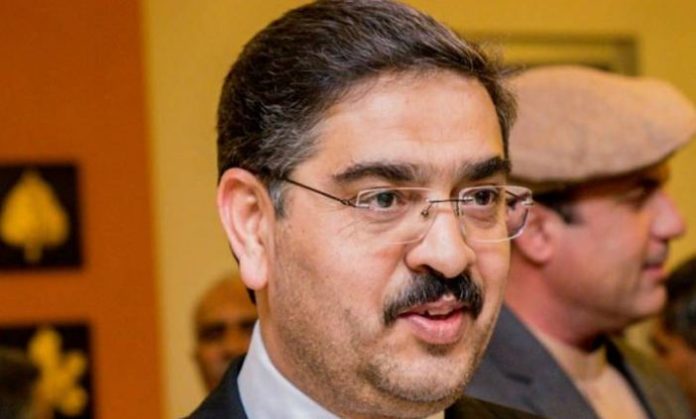ISLAMABAD: Caretaker Prime Minister Anwaarul Haq Kakar said fair elections in Pakistan can proceed without the participation of Pakistan Tehreek-e-Insaf (PTI) Chairman and deposed prime minister Imran Khan or other jailed numerous members of his party.
The interim prime minister’s comments come in response to the recent announcement by the Election Commission of Pakistan regarding the election date.
Affirms full support for polls
In an interview with an American media outlet, the interim premier Kakar affirmed his government’s commitment to providing all necessary assistance, including financial and security support, once the exact election date is set.
When asked whether he would recommend the judiciary overturn Imran Khan’s conviction to enable him to run in the upcoming elections, Kakar stressed that he would not interfere with judicial decisions, emphasising the importance of an independent judiciary.
He underscored that the judiciary should not be manipulated for political purposes, stating, “We are not pursuing anyone on a personal vendetta.”
Kakar continued, “But yes, we will ensure that the law is appropriate. Anyone, be it Imran Khan or any other politician who violates, in terms of their political behavior, the laws of the country, then the restoration of the law has to be ensured. We cannot equate that with … political discrimination.”
‘Smooth ties’ with military
Regarding the alleged influence of the Pakistani military in the country’s politics, an issue raised by some of Imran Khan’s supporters, Kakar, who reportedly maintains close ties with the military, downplayed such claims.
He described the working relationship between his government and the military as “very smooth,” characterized by openness and candid discussions.
Raises concerns over Kashmir issue
One of the significant challenges facing Pakistan is the long-standing Kashmir dispute with India, a volatile issue since the end of British colonial rule in 1947.
Mr Kakar criticised India’s actions in the region, stating that India has deployed 900,000 troops to Kashmir, effectively subjecting its people to a state of “large imprisonment” with limited political rights. He argued that this violates the United Nations Charter’s principles on the right to self-determination and the resolution calling for a U.N. referendum in Kashmir.
The premier lamented that while the international community is focused on the Ukraine crisis, the situation in Kashmir remains neglected. He posed a question, “If Kashmir were in Europe or North America, would there still be what he called a ‘callous attitude’ toward resolving it?”
He emphasised that the key stakeholders in the Kashmir dispute are the Kashmiri people themselves, who should decide their identity and future.
In conclusion, Kakar criticized India’s claims of being the largest democracy while denying the democratic principle of a plebiscite in Kashmir. He questioned, “So what sort of a democracy are they boasting about?”
















